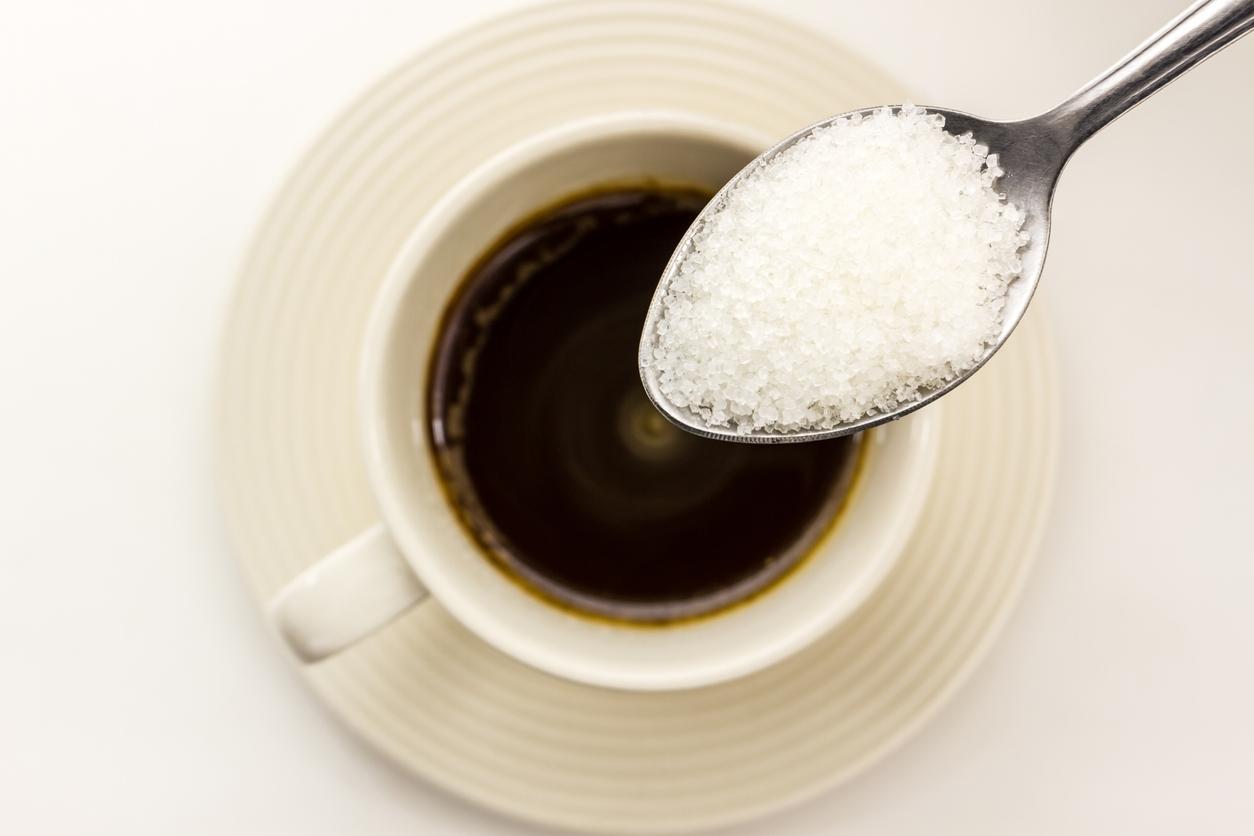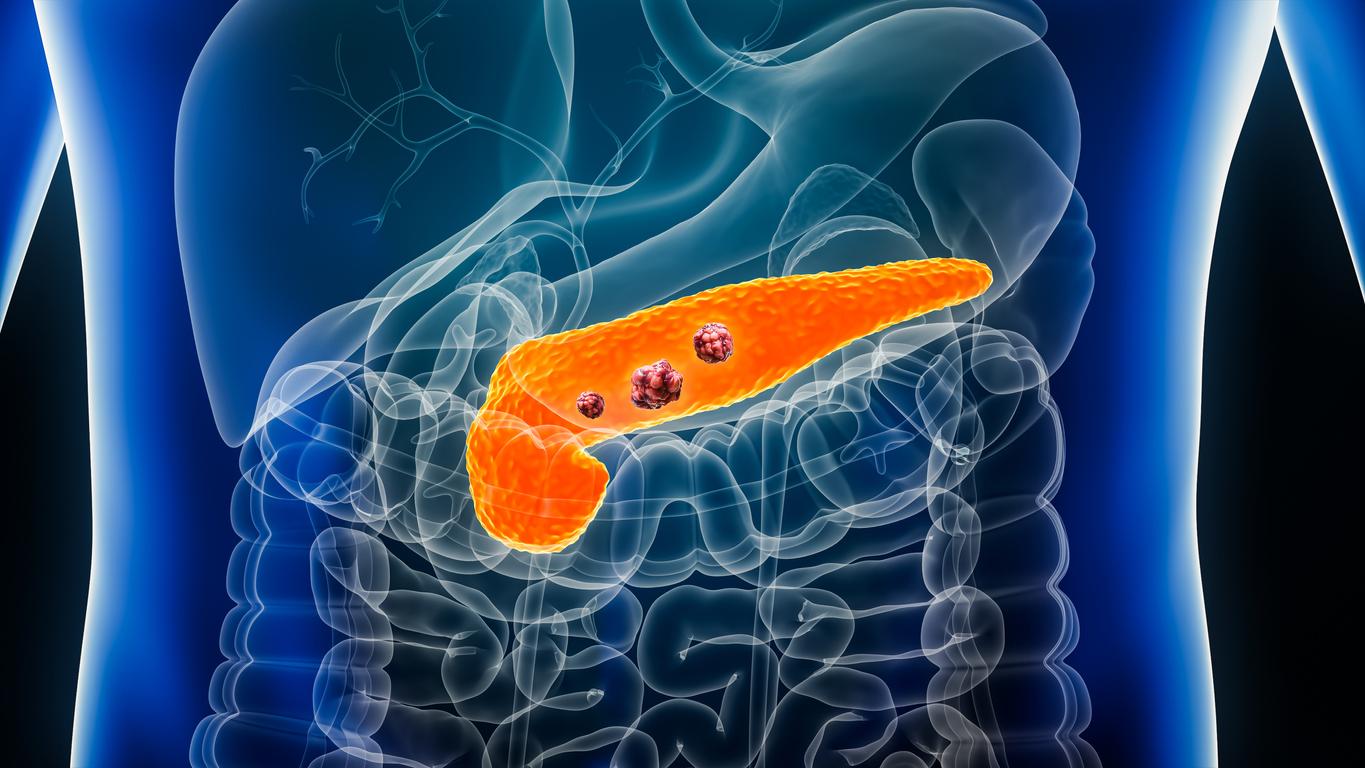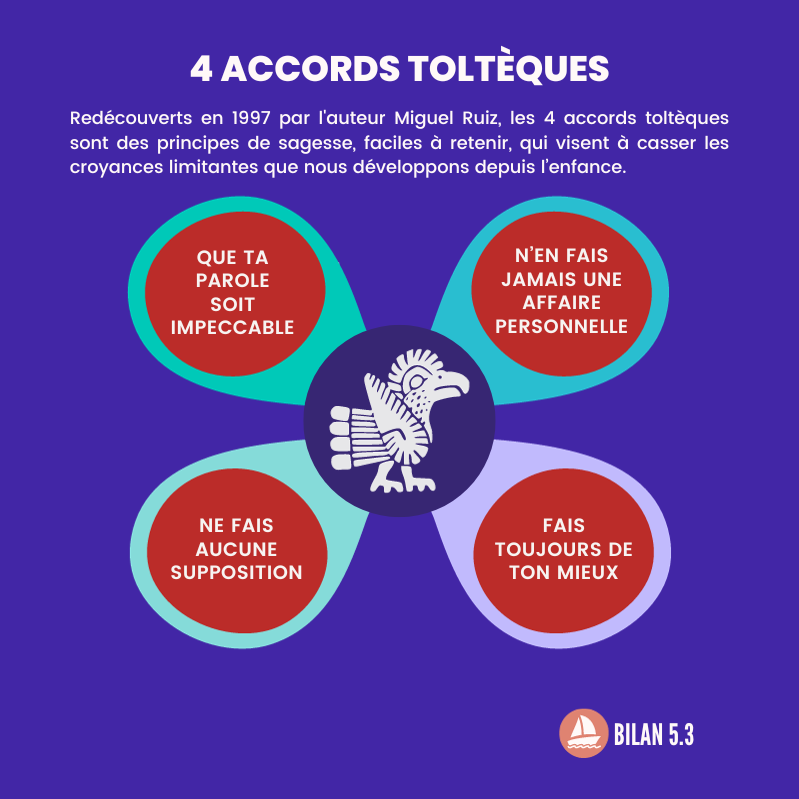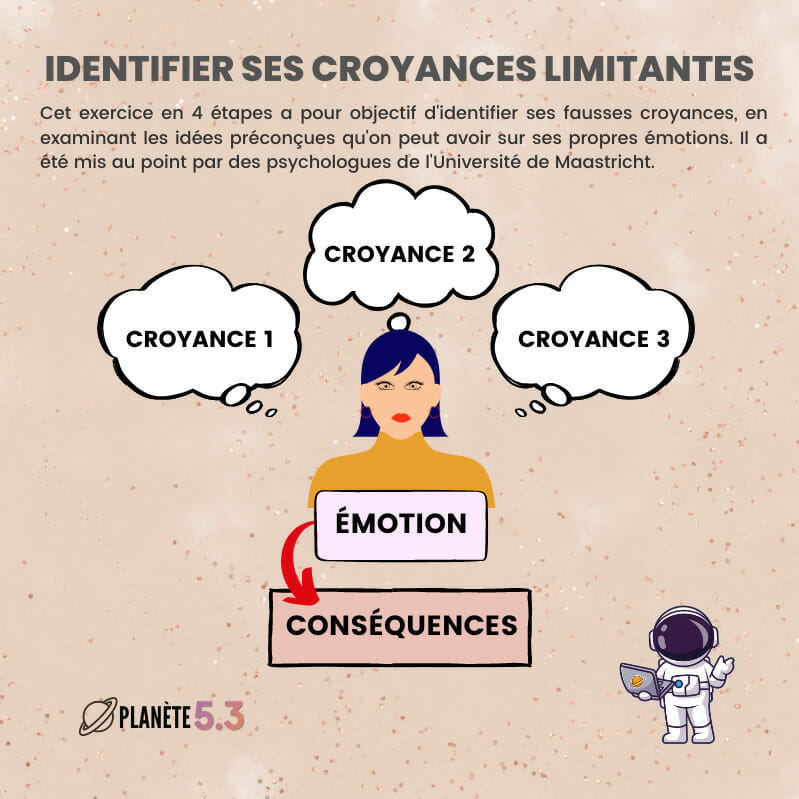March 4, 2003 – A new study1 advises to limit to 10% the amount of calories drawn daily from added sugar.
This study was carried out by a panel of 30 international experts, at the request of the World Health Organization (WHO) and the Food and Agriculture Organization of the United Nations (FAO).
The sugar in question is that which is added to certain foods, either in the form of refined sugar, honey, syrup, fruit juice or others.
The 10% limit is the boldest established to date. For comparison, the American Academy of Sciences said in September that you can get up to 25% of daily calories from added sugar.
The publication of this study is part of the WHO’s preparation of a global strategy to prevent and combat chronic diseases such as obesity, cancer, diabetes and cardiovascular disease. The details of this strategy are expected to be made public next month.
The US food industry, especially the soft drink industry, challenges the WHO strategy. She says a restriction on sugar consumption should not be one of them, since there is – according to her – no documented link between sugar consumption and obesity. She believes banning certain foods is more likely to make them more appealing2, and that efforts to promote moderation and increased physical exertion would be more helpful.3
The study also stands out by recommending one hour of physical activity daily, rather than the 30 minutes usually suggested.
Finally, the study reiterates already well-established facts, namely that a diet low in fat, sugar and salt, rich in fruits and vegetables, and combined with regular physical exercise, helps fight certain diseases.
Jean-Benoit Legault – PasseportSanté.net
According to CNN.com, Le Devoir and BBC News, March 3, 2003.
1. For access to the WHO study: www.who.int/mediacentre/releases/2003/pr20/fr/
2. Yanovski S. Sugar and fat: cravings and dislikes.J Nutr 2003 Mar; 133 (3): 835S-7S [Consulté le 4 mars 2003].
3. Cox KL, Burke V, Morton AR, Beilin LJ, Puddey IB. The independent and combined effects of 16 weeks of vigorous exercise and energy restriction on body mass and composition in free-living overweight men – a randomized controlled trial.Metabolism 2003 Jan; 52 (1): 107-15 [Consulté le 4 mars 2003].
















